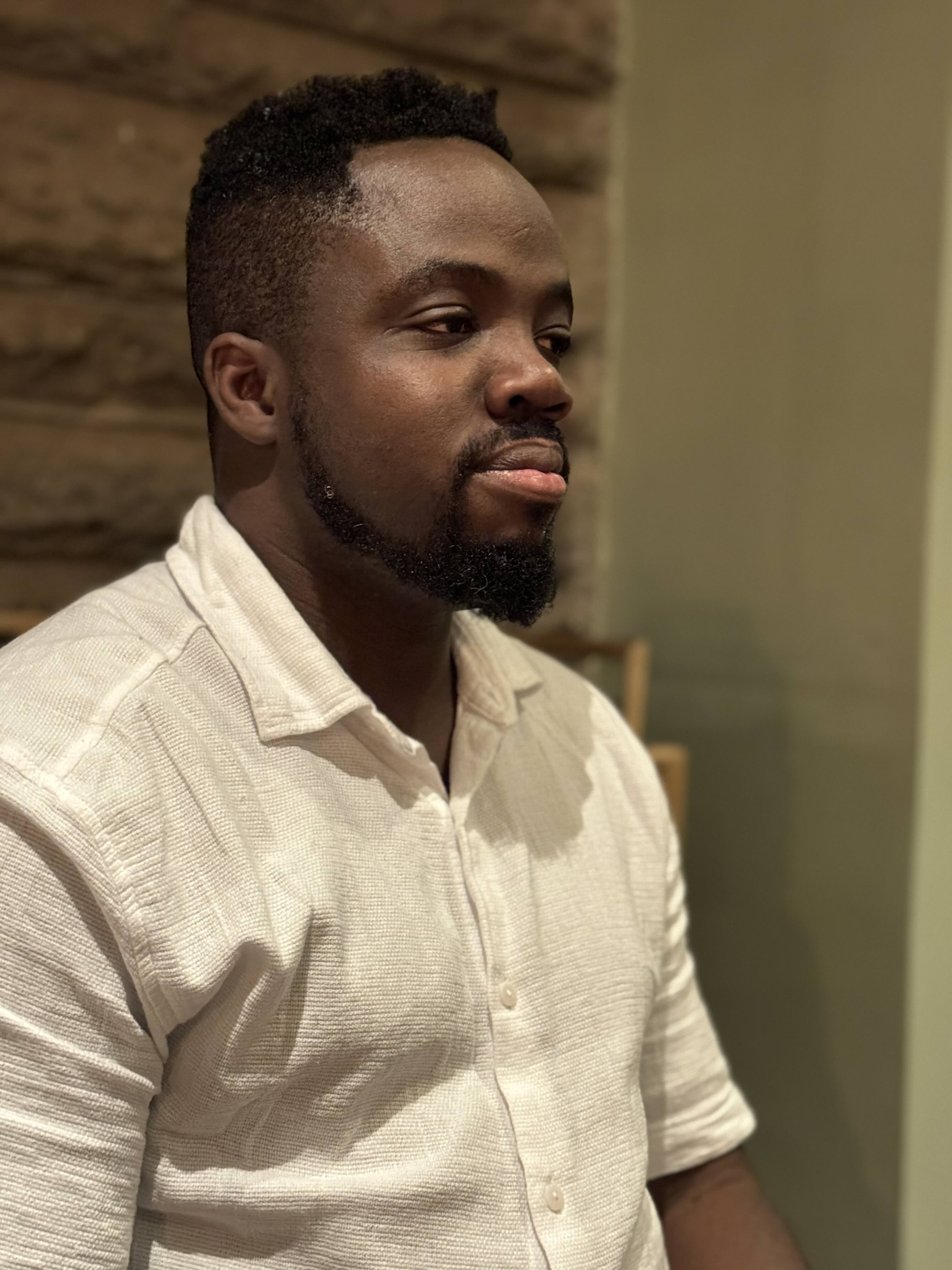Please describe your proposed solution.
Build a name for Cardano in diaspora. The Safararicom payment system is all over Africa and Gulf.
Solving these problems by establishing trust at all levels is the solution.
Antiquated systems and concentrations of power unwilling to relent and change these systems, become more unaccountable and unreasonable.
A well architected system built on trust and avoids these issues by default. While serving as a model for all participants in our interconnected world who also want trust, safety and security.
The goal is to inform the diaspora in the United States that a solution exists in Cardano being interoperable with the Bank of Kenya, a US ally, and their digital payment system that has KYC built in, while also enabling Kenyans and Kenyan businesses enjoy life with free and easy mobile payments.
The proof-of-concept will focus on switching remittance senders to the Cardano solution by incentiving the service as free of charge, and future incremental improvements as the if the base cases are successful. An example feature would be taking advantage of the mature African-native, mobile-first payment platform’s services to allow American residents to setup auto-pay, as the service offers bill payments to a variety of services, and even markets.
Ideally, with enough trust, the trust-chain will be used to avoid being crushed by currency shocks and runaway inflation, as the high-trust, low-value ecosystem will be as easy and fast to use in whichever base it is stored in, and with no transaction fees we can expect a pattern of hedging on chain. Of course though, the transactions are all kept in their respective countries. This is the only way we can be sure that the star prosecutors in the Eastern or Southern District looks for something else to do.
But the system already exists in Cardano, and in its own novel way in Kenya and throughout the greater region. With Cardano we have the immutable blockchain, which in this case will be forced to comply with the most hostile laws around being in New York City, and in Kenya, we have all of these pre-KYC'd users who are already making and receiving payments on their mobile phones, and more recently smartphones.
Please describe how your proposed solution will address the Challenge that you have submitted it in.
It builds a chain of real individuals as a web of trust, connecting NYC cryptocurrency laws and legislators with the Bank of Kenya's KYC credibility. It open up room for innovation as the system is open multi-party at inception.
I think all parties would appreciate the idea of scheduled remittances that automatically pay bills and dues, as banks love money they can reliably count on and people love to not think about it.
What are the main risks that could prevent you from delivering the project successfully and please explain how you will mitigate each risk?
Code, the services are quite simple, expecting minimal information from either API before completing a payment in Kenya, but I am not a software engineer and so this will be a learning process; Unfamiliarity with Kenyan business; Though I can test the API now, I would need to establish a business account at some point. Preferably we can have a proof-of-concept first, and defer the investment for a later stage during which we establish a person or team in Kenya.
The ADA received as payment will have to stay on chain, and really remain untouched. As this will be occurring in the US and in NYC of all places. The project has a secondary goal of helping the City understand that people want to do good things if they were given the freedom to. To avoid laundering and seizures, we'll not even plan to touch the ADA until the environment is less hostile.




